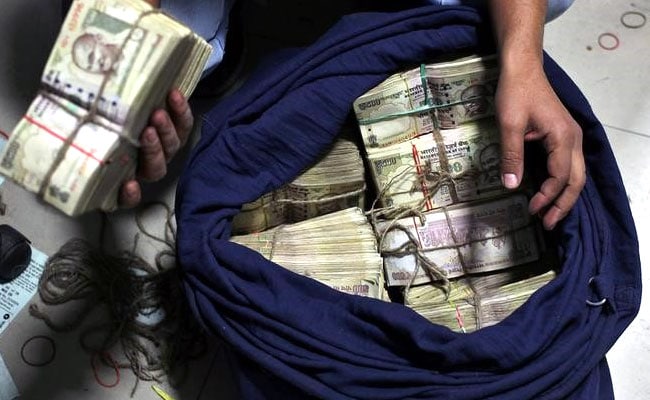
An ordinance or executive order was sent by the government today to President Pranab Mukherjee, which makes it a punishable offence to possess more than 10 banned notes of Rs 500 and Rs 1000. Any violation will be punished with a steep fine. Once signed off by the President, the new rule will come into effect from December 31. The 500- and 1,000-rupee notes were banned by the government on November 8 in a massive step against corruption and black money.
Here are the 10 updates in this big story:
The Specified Bank Notes Cessation Of Liabilities Ordinance says from December 31, no one is allowed to keep, transfer or receive banned notes of Rs 500 and Rs 1000. The exception will be people authorised by a court or the Reserve Bank of India.
The maximum number of banned currency notes that anyone will be allowed is 10.
For the purpose of study, research and numismatics, up to 25 of the banned notes can be kept.
Old notes can be deposited in banks till December 30. Thereafter, people who failed to do so due to exceptional circumstances will have to deposit them at the Reserve Bank, citing the reason for their inability.
If anyone is found in possession of more than 10 banned notes after the grace period, they will be punished with a fine of Rs 10,000 or five times the total face value of the notes found in his possession - whichever is higher.
Those who couldn't deposit old notes because they were abroad, in inaccessible areas or in the military, can do so at the Reserve Bank till March 31. But the RBI has to be satisfied with the reason and their bank accounts should be KYC compliant.
Anyone caught depositing money to the Reserve Bank with a false explanation will be punished with a fine of Rs 50,000 or five times the total face value of the notes found in his possession - whichever is higher.
With this ordinance, Prime Minister Narendra Modi and his cabinet have ended the liability of the government and the central bank on the banned notes to prevent future litigation. Unless the liability ends, the RBI cannot turn away anyone carrying an old note.
On November 8 while announcing the ban, PM Modi said the notes ban will help flush out black or unaccounted money. The government's move had taken 86 per cent of money out of circulation.
According to the Reserve Bank, more than Rs 13 lakh crore in old notes have returned to the system as deposits.

